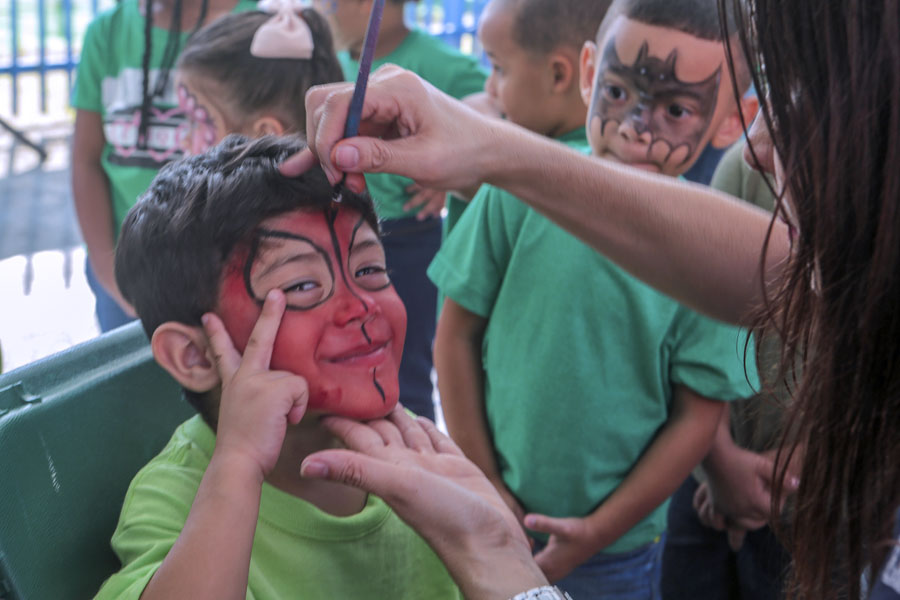MCS Foundation donates $20K to Castillo de Ángeles in Canóvanas

The MCS Foundation recently donated $20,000 to nonprofit entity Castillo de Ángeles in Canóvanas, so the children and their families in the communities of Villa Hugo, San Isidro, Barrio Florencio and Río Arriba in the island’s northeastern region may continue enjoying essential services from the organization.
The MCS Foundation’s funds were used for improvements to the entity’s infrastructure, which was completely damaged by Hurricanes Irma and María, as well as for the purchase of office equipment and educational materials.
The donation has ensured the continuity of the organization’s initiatives regarding early education, family empowerment, and community self-management aimed at safeguarding the health and well-being of the children living with their families in these communities, MCS Foundation confirmed.
Heidy Fuentes, director of the Castillo de Ángeles program, said 53 percent of the children in the town of Canóvanas live in poverty. Revealing the social context in which the children are raised, the entity pointed out as an example that the rate of violent adolescent deaths in Canóvanas is triple the rate of violent adolescent deaths throughout all of Puerto Rico.
“At the MCS Foundation, we’re aware that all the help they receive now, and what they learn at this stage in their childhood will be what molds their personalities and determine how they’ll face life and its adversities in the future when they are adults,” said Liana O’Drobinak, executive director of the MCS Foundation.
“Therefore, we understand that the best time to intervene in the lives of these children is now, by supporting Castillo de Ángeles in educating the families of the children in these communities on issues related to nutrition, healthcare and proper childcare, in order to help prevent patterns of abuse and neglect,” she said.
Although the focus of Castillo de Ángeles is to address the needs of children ages one to five, Fuentes said they also offer various programs aimed at educating the families in developing micro-enterprises to encourage self-management and caring for those with urgent health-related needs.
“These children and their families have been through difficult situations in life. Many suffer the consequences of social inequality, and therefore do not have adequate access to education or healthcare,” she said, adding the situation worsened for many after Hurricane María struck in September 2017.
“Many of the children lost their homes, their parents lost their jobs, and others showed signs of depression and anxiety after the disaster,” she said. “That is why we have inserted ourselves into the process of educating the children, while also educating their family members. We’re also helping their parents keep their jobs, or even develop micro-enterprises which can bring sustenance to their homes and also stimulate the community’s economy.”













